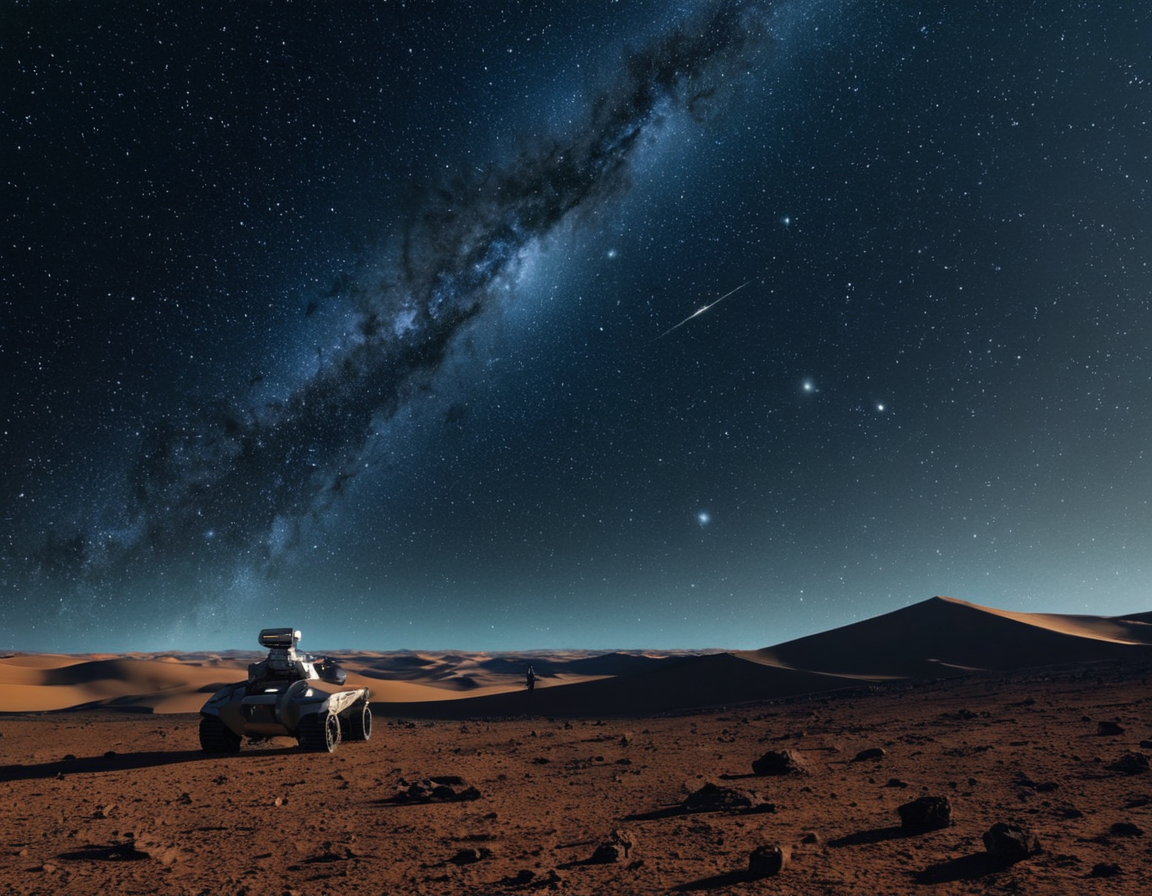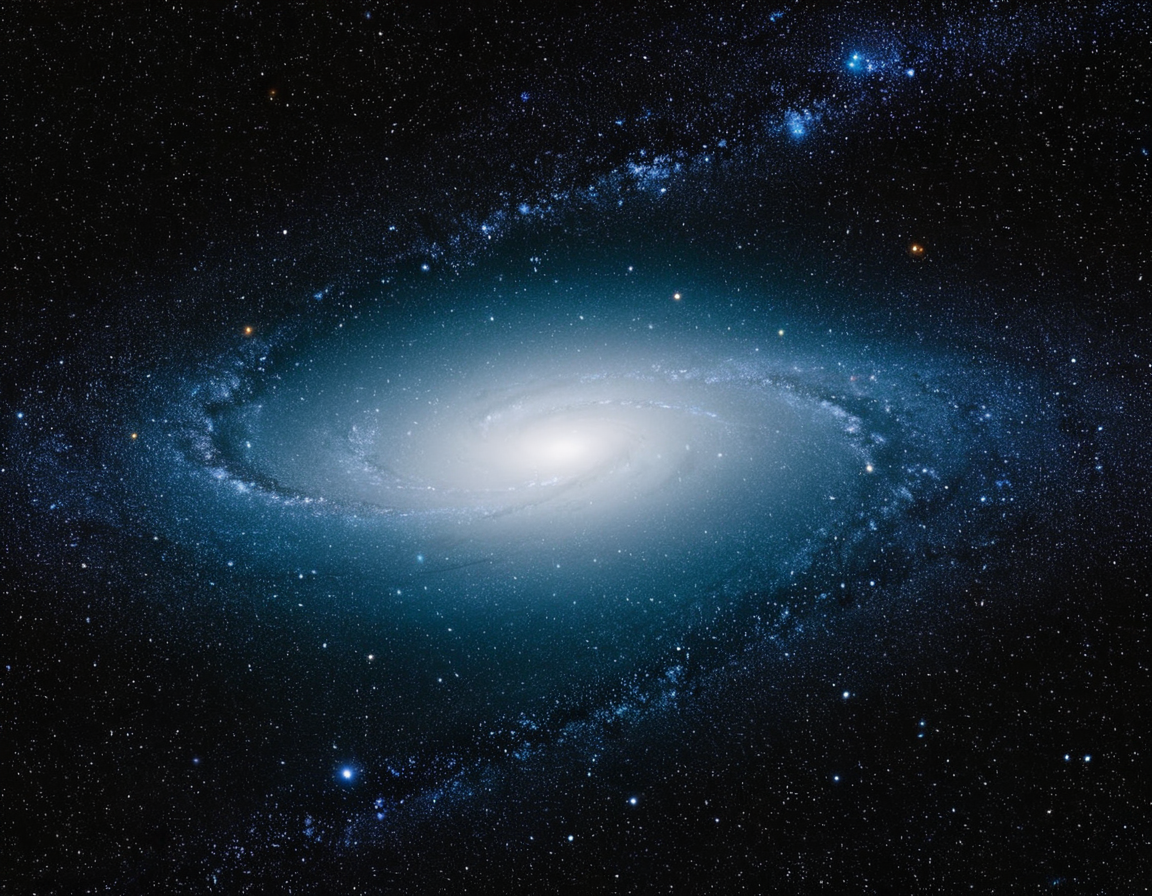Title: Exploring the Cosmos: Smegging Out to Science Fiction’s

As humanity continues to push the boundaries of our understanding, we find ourselves captivated by realms beyond our own. From Jules Verne’s classic Journey to the Center of the Earth to Arthur C. Clarke’s iconic 2001: A Space Odyssey and beyond, science fiction has served as a portal into the cosmos for generations of readers and viewers alike. This genre invites us to smeg ourselves out – an irreverent slang term from the cult British sci-fi TV series Red Dwarf that essentially means letting go of our inhibitions and immersing ourselves fully in fantastical adventures, new worlds, complex technologies, and alien encounters. In this blog post, we’ll delve into why science fiction has such a powerful pull on us as humans, how it allows us to confront existential questions about our place in the universe, and what it means for our collective future.
Science fiction serves as a mirror that reflects back onto ourselves as well as a looking glass through which we can glimpse potential futures. It often examines the human condition by presenting alternate realities, allowing us to examine the challenges of existence from fresh perspectives. From Isaac Asimov’s Foundation series that explores the rise and fall of empires on an interstellar scale, to Ursula K. Le Guin’s The Left Hand of Darkness which delves into gender roles and social norms in a world where humans can shift between sexes at will, science fiction provides us with thought-provoking narratives that challenge our beliefs about ourselves and the universe we inhabit.
Science fiction also offers a means to confront existential questions related to mortality, consciousness, and our place within an infinite cosmos. In stories like Stanisław Lem’s Solaris or the more recent film Arrival by Denis Villeneuve, characters are faced with their own limitations as well as the enormity of cosmic scales that make human life seem fleeting and insignificant. These narratives encourage us to contemplate our existence within the vast tapestry of time and space, prompting questions about what truly defines ‘life’ and whether we might ever achieve immortality or meaningful communication with other intelligent beings in the universe.
In addition to its philosophical underpinnings, science fiction has long been intertwined with technological advancements and innovations. Works such as H.G Wells’ The War of the Worlds and Frank Herbert’s Dune not only entertain but also serve to inspire scientific progress by pushing boundaries and sparking debates around possibilities like advanced robotics or terraforming entire planets for human habitation. By doing so, science fiction plays a critical role in shaping our collective future, inviting us to imagine what could be achieved through collaborative efforts between humans and machines or even how we might survive and thrive among the stars.
Furthermore, exploring the cosmos via science fiction allows us to ponder humanity’s potential for growth and development as a species. From Robert A. Heinlein’s Stranger in a Strange Land, which examines themes of identity, belonging, and communication across cultures both human and extraterrestrial, to Octavia Butler’s Kindred that tackles complex issues such as race, power dynamics, and the very nature of slavery – these stories challenge us to reflect on our past while envisioning a better future. In doing so, they emphasize the importance of empathy, understanding, and cooperation in forging a path towards greater unity both on Earth and beyond its shores.

In conclusion, science fiction provides an indispensable tool for smegging out – allowing us to explore uncharted territories within ourselves as well as those that lie far beyond our blue planet. Through examining alternate realities, confronting existential questions, inspiring technological advancements, and shaping our collective future, this genre offers invaluable insights into who we are now and who we might become tomorrow. As we continue to venture further out into the cosmos – both literally through space exploration efforts like NASA’s Mars Perseverance mission or figuratively via literary masterpieces such as Kim Stanley Robinson’s Aurora – science fiction remains a vital guidepost for our journey, encouraging us to challenge ourselves and look beyond the confines of our current reality.
